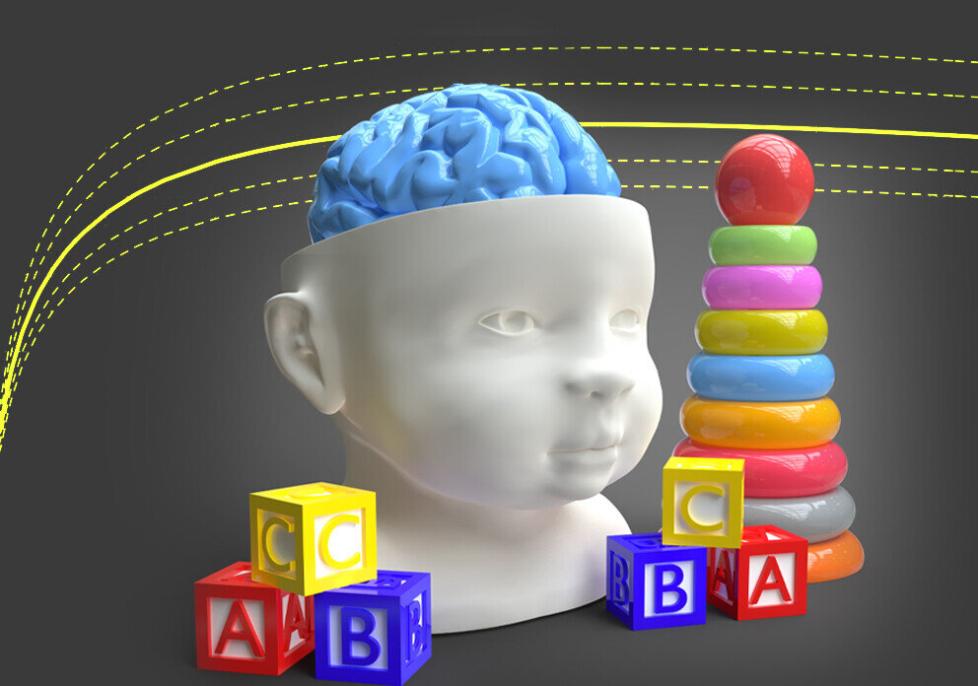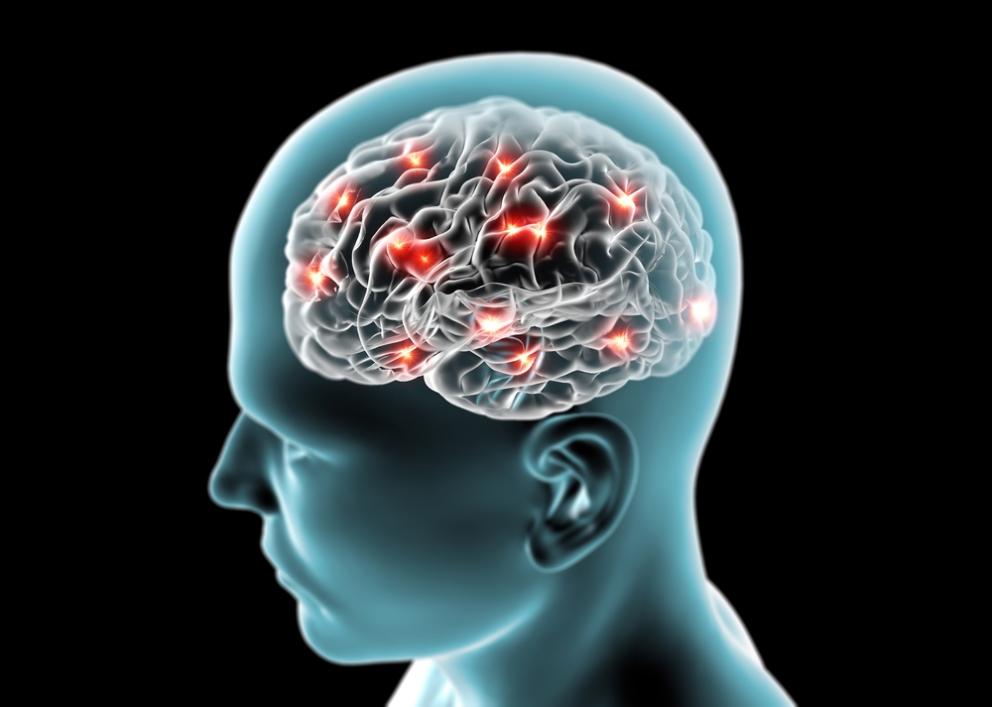What Are the Risk Factors for Developing a Brain Disorder?
Brain disorders are a diverse group of conditions that affect the brain's structure, function, or both. They can range from mild to severe and can have a profound impact on an individual's life, affecting their thoughts, emotions, behavior, and physical abilities. Understanding the risk factors for developing a brain disorder is crucial for promoting prevention, early intervention, and improving outcomes.

Genetic Factors
Genetics plays a significant role in the development of brain disorders. Certain genetic mutations and chromosomal abnormalities have been associated with an increased risk of various brain disorders.
Specific Genetic Factors:
- Genetic Mutations: Mutations in genes involved in brain development, function, or repair can increase the risk of brain disorders. Examples include mutations in genes related to neurotransmitter systems, ion channels, and synaptic proteins.
- Chromosomal Abnormalities: Chromosomal abnormalities, such as Down syndrome and Fragile X syndrome, are associated with an increased risk of intellectual disability and other brain disorders.
- Genetic Predisposition and Inheritance Patterns: Some brain disorders have a genetic predisposition, meaning that individuals with a family history of the disorder are at an increased risk of developing it. The inheritance patterns can vary, including dominant, recessive, and X-linked inheritance.
Environmental Factors
Environmental factors can also play a role in the development of brain disorders, particularly during critical periods of brain development.
Prenatal Factors:
- Maternal Infections: Infections during pregnancy, such as rubella, cytomegalovirus, and toxoplasmosis, can increase the risk of brain disorders in the developing fetus.
- Substance Abuse: Maternal substance abuse, including alcohol, tobacco, and illicit drugs, can have adverse effects on fetal brain development and increase the risk of brain disorders.
- Nutritional Deficiencies: Nutritional deficiencies, particularly deficiencies in folic acid, iron, and iodine, during pregnancy can also increase the risk of brain disorders.
Postnatal Factors:
- Head Injuries: Traumatic brain injuries, such as concussions and skull fractures, can increase the risk of brain disorders, including epilepsy, dementia, and Parkinson's disease.
- Exposure to Toxins: Exposure to environmental toxins, such as lead, mercury, and certain pesticides, can have neurotoxic effects and increase the risk of brain disorders.
- Childhood Trauma: Experiencing childhood trauma, such as abuse, neglect, or witnessing violence, can have long-lasting effects on brain development and increase the risk of mental health disorders and other brain disorders.
Lifestyle Factors
Lifestyle choices can also influence brain health and the risk of developing brain disorders.
Healthy Lifestyle Choices:
- Healthy Diet: A balanced diet rich in fruits, vegetables, whole grains, and lean protein can promote brain health and reduce the risk of brain disorders.
- Regular Exercise: Regular physical activity has been shown to improve brain function and reduce the risk of cognitive decline and dementia.
- Adequate Sleep: Getting enough quality sleep is essential for brain health and function. Sleep deprivation can increase the risk of mental health disorders and cognitive impairment.
Unhealthy Lifestyle Choices:
- Stress, Anxiety, and Depression: Chronic stress, anxiety, and depression can have negative effects on brain health and increase the risk of brain disorders, including depression, anxiety disorders, and post-traumatic stress disorder (PTSD).
- Substance Abuse: Substance abuse, including alcohol, tobacco, and illicit drugs, can damage brain cells and increase the risk of brain disorders, including addiction, dementia, and stroke.
Medical Conditions

Certain medical conditions can also increase the risk of developing a brain disorder.
Associated Medical Conditions:
- Epilepsy: Epilepsy is a neurological disorder characterized by recurrent seizures. It can increase the risk of cognitive impairment, depression, and other brain disorders.
- Stroke: Stroke, caused by a disruption of blood flow to the brain, can lead to brain damage and an increased risk of dementia and other brain disorders.
- Neurodegenerative Diseases: Neurodegenerative diseases, such as Alzheimer's disease and Parkinson's disease, are characterized by the progressive loss of brain cells and function. They are associated with an increased risk of dementia and other brain disorders.
Socioeconomic Factors
Socioeconomic factors can also play a role in brain health and the risk of developing a brain disorder.
Impact Of Socioeconomic Factors:
- Poverty: Poverty is associated with an increased risk of brain disorders, likely due to factors such as poor nutrition, lack of access to healthcare, and exposure to environmental toxins.
- Lack of Access to Healthcare: Lack of access to healthcare can delay diagnosis and treatment of brain disorders, leading to worse outcomes.
- Educational Disparities: Educational disparities can contribute to brain health disparities, as education is associated with better health outcomes, including brain health.

The risk factors for developing a brain disorder are complex and multifaceted, involving genetic, environmental, lifestyle, medical, and socioeconomic factors. Understanding these risk factors is crucial for promoting prevention, early intervention, and improving outcomes. Further research is needed to better understand the causes and mechanisms of brain disorders and to develop effective strategies for prevention and treatment.
Individuals should adopt healthy lifestyle choices, such as a balanced diet, regular exercise, and adequate sleep, to promote brain health and reduce the risk of brain disorders. It is also important to seek help for mental health concerns and to manage medical conditions that may increase the risk of brain disorders.
YesNo

Leave a Reply